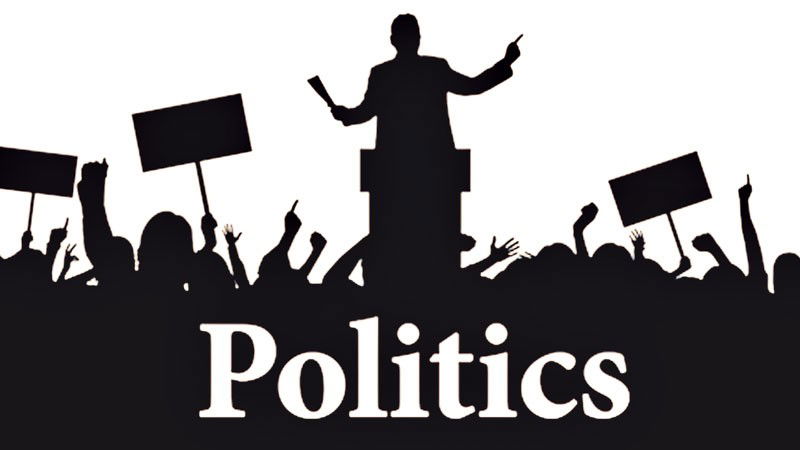California 2020 primary: Independent voters can participate in Democratic contest, but not Republican

California voters registered with “no party preference” can choose among the Democratic, Libertarian, and American Independent parties to vote for a 2020 primary candidate, its secretary of state announced on Monday.
The Republican, Green, and Peace and Freedom, however, have opted to keep their primaries solely for voters registered with their respective parties.
The DNC’s rules encourage state parties to open their primaries to unaffiliated voters, hoping to attract as large of a base as possible. In California — where no party preference represents one of the largest voting blocs in the state — those unaffiliated voters who choose to vote in the Democratic primary will have it recorded in their voter file, which will be available for the party to target in the future.
The parties are following the same arrangement they did during the June 2016 presidential primaries.
California holds a “jungle primary” for its congressional and state elections, a system that voters approved in a ballot initiative in 2010. Only the top two primary vote-getters make it onto the general election ballot, regardless of party.
“As we enter the fifth election cycle under the ‘Top Two Primary’ system, California voters have become increasingly accustomed to voting for the candidates of their choice regardless of political party preference,” Secretary of State Alex Padilla said in a statement released Monday. “The Presidential Primary, however, remains the exception. Voters registered as ‘No Party Preference’ have the option of requesting a ballot that includes presidential candidates of a political party that allows ‘cross-over’ voting.”
“The California Democratic Party is the Party of inclusion. Unlike others, we will continue to make it easier — not harder — for Californians to ensure their voices are heard at the ballot box,” California Democratic Party Chairman Rusty Hicks said in a statement provided to CNN Tuesday.
In a statement, Cynthia Bryant, executive director of the California Republican Party, said it’s been the GOP’s “long-standing position that Republicans should pick the Republican nominee.”
Independent voters who wish to vote for a Democratic candidate will need to request a primary ballot from the party, or they will receive a primary election ballot without any presidential candidates listed. Voters can make the request in person when they head to the polls. The same goes for voters who wish to vote for a Libertarian candidate or an American Independent candidate.
Absentee, unaffiliated voters are first sent a postcard, allowing them to select a ballot they’d like to vote for and then return the postcard via mail.
The voters who don’t respond to the postcard can expect to receive a ballot without presidential candidates. But these voters can still request a “crossover ballot” via phone, email, fax, or in-person at their polling center.
As of February, there are about 5.6 million Californians registered as “no party preference,” according to the secretary of state’s office.
According to a 2016 Los Angeles Times report, a large number of voters during the 2016 primary inadvertently registered with the American Independent Party, an ultraconservative party, thinking that they weren’t registering with a party.
California Gov. Gavin Newsom, a Democrat, vetoed a bill earlier this month that would have required any existing political party that includes the phrase “no party preference,” “decline to state,” or the word “independent” to change its party name. Newsom issued the veto, saying the measure would violate freedom of speech and association.
But he signed a bill also this month that allows same-day voter registration at all polling sites in the state.
Last month, party leaders in several states, including South Carolina, Nevada, Kansas, Arizona and Alaska, canceled their Republican presidential primaries for the 2020 election, in a show of support for Trump.
It is not unprecedented for state Republicans or Democrats to decide not to hold a presidential primary when an incumbent is running essentially uncontested.
In a win for Trump earlier this month, a federal judge in California blocked a state law that requires candidates for president to disclose income tax returns before their names can appear on the state’s primary ballot. The decision has been appealed by California’s secretary of state.




